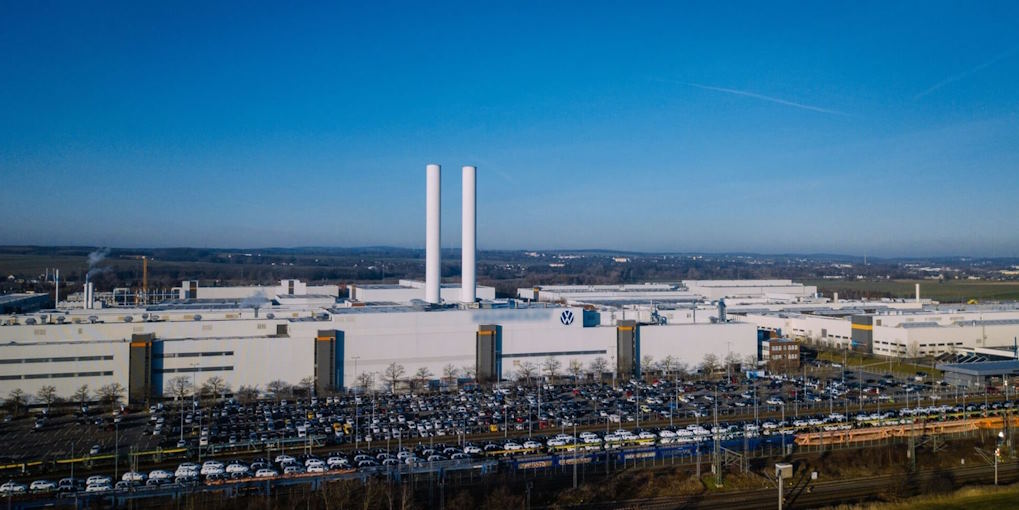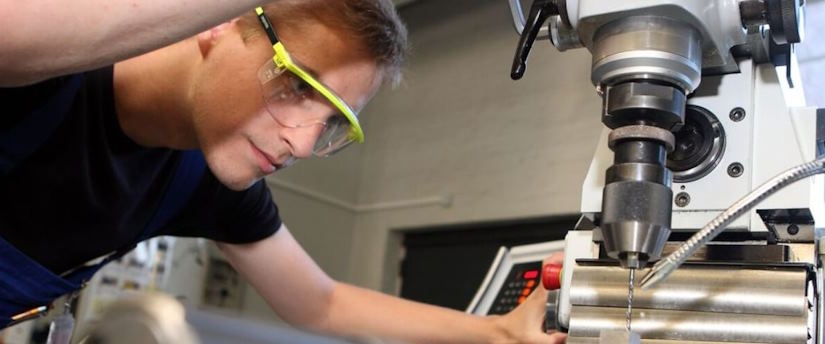
European production plants have a rich history of driving innovation, enhancing efficiency, and fostering economic advancement. These facilities, spanning diverse manufacturing, automotive, technology, and aerospace industries, have played a pivotal role in shaping Europe’s economic landscape. In this article, we will explore how European production plants have been at the forefront of innovation, driving efficiency and contributing to the continent’s economic advancement.
Innovation and Research & Development
European production plants have been synonymous with innovation and research & development (R&D). They have been instrumental in developing new technologies, processes, and products that revolutionize industries. By investing in R&D, these plants continuously push the boundaries of what is possible, driving technological advancements and ensuring Europe remains at the forefront of global innovation. Their commitment to innovation fosters economic growth, opens new markets, and creates opportunities for sustained prosperity.
Efficiency and Lean Manufacturing
European production plants have pioneered lean manufacturing principles, driving operational efficiency. These plants achieve higher productivity and cost-effectiveness by optimizing processes, reducing waste, and implementing continuous improvement strategies. Lean manufacturing practices enable them to produce goods of exceptional quality, increase output, and improve overall operational efficiency. This efficiency translates into enhanced competitiveness, higher profit margins, and increased European economic value.

Skilled Workforce and Knowledge Transfer
The success of European production plants can be attributed, in part, to the highly skilled workforce they employ. These plants invest in developing talent, providing training programs, and fostering a culture of continuous learning. Skilled workers drive innovation, optimize processes, and adapt to emerging technologies, ensuring the competitiveness and sustainability of European production plants. Additionally, these plants often serve as hubs for knowledge transfer, where experienced professionals pass on their expertise to the next generation, ensuring a continuous cycle of innovation and economic advancement.
Supply Chain Integration and Economic Multiplier Effect
European production plants contribute to the integration of supply chains, leading to the development of robust industrial ecosystems. These plants create a network of interdependent businesses by collaborating with suppliers, service providers, and other stakeholders. This integration multiplies the economy, stimulating employment opportunities, fostering entrepreneurship, and promoting economic growth in adjacent industries. The success of production plants has a cascading effect on the broader economy, creating a positive economic ripple that benefits communities and regions.
Global Competitiveness and Trade
European production plants have positioned the continent as a global economic powerhouse. By producing goods of exceptional quality, backed by rigorous standards and stringent regulations, these plants have gained a reputation for excellence. They contribute significantly to Europe’s exports, enhance the continent’s trade balance, and strengthen its global competitiveness. The success of European production plants in international markets drives economic growth, attracts foreign direct investment, and expands market access for European businesses.

 Our team of professionals specializes in developing tailored strategies and implementing effective solutions to streamline your business operations and enhance factory production. We believe that a well-organized and optimized workflow is the foundation for achieving operational excellence and improving overall productivity.
Our team of professionals specializes in developing tailored strategies and implementing effective solutions to streamline your business operations and enhance factory production. We believe that a well-organized and optimized workflow is the foundation for achieving operational excellence and improving overall productivity.